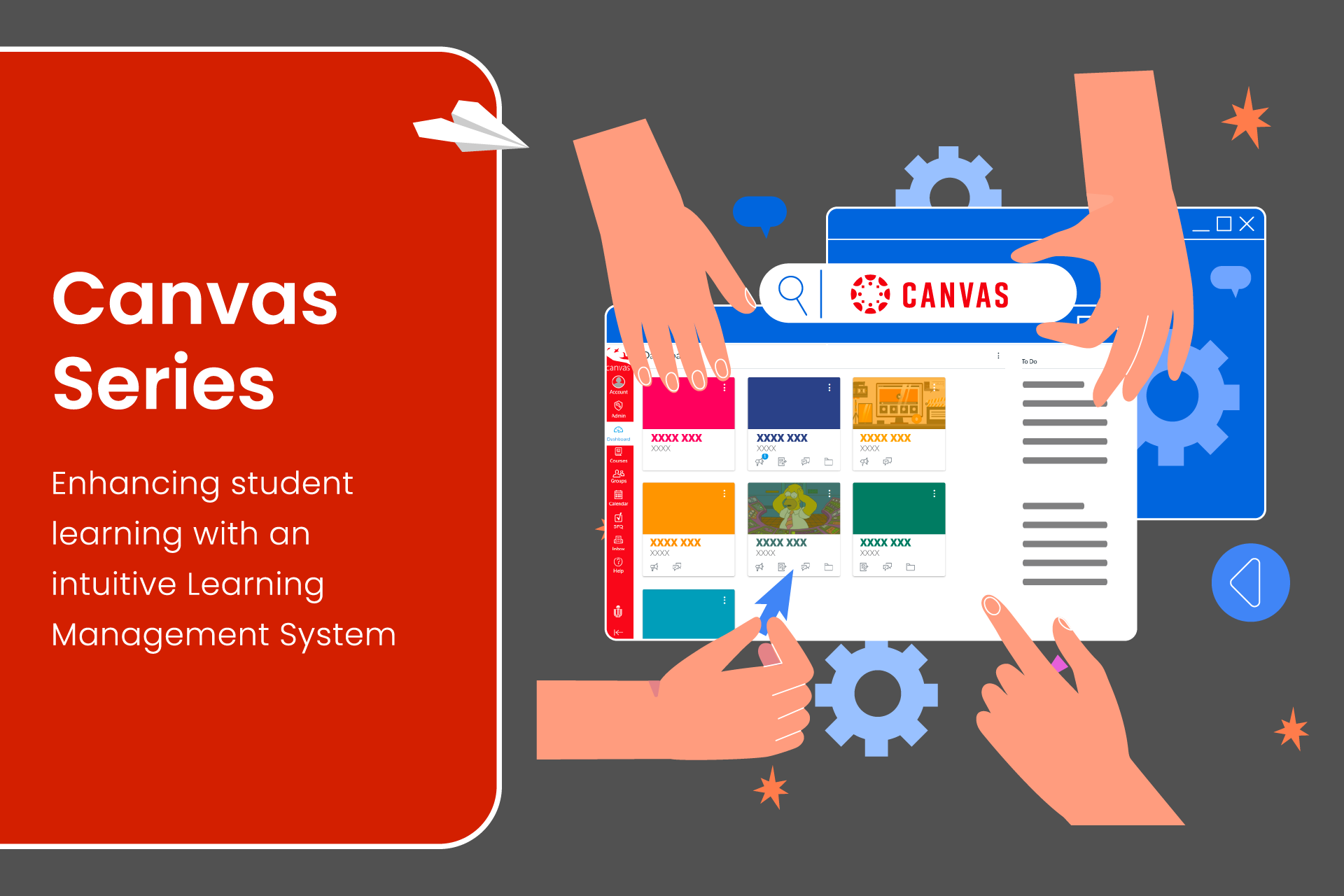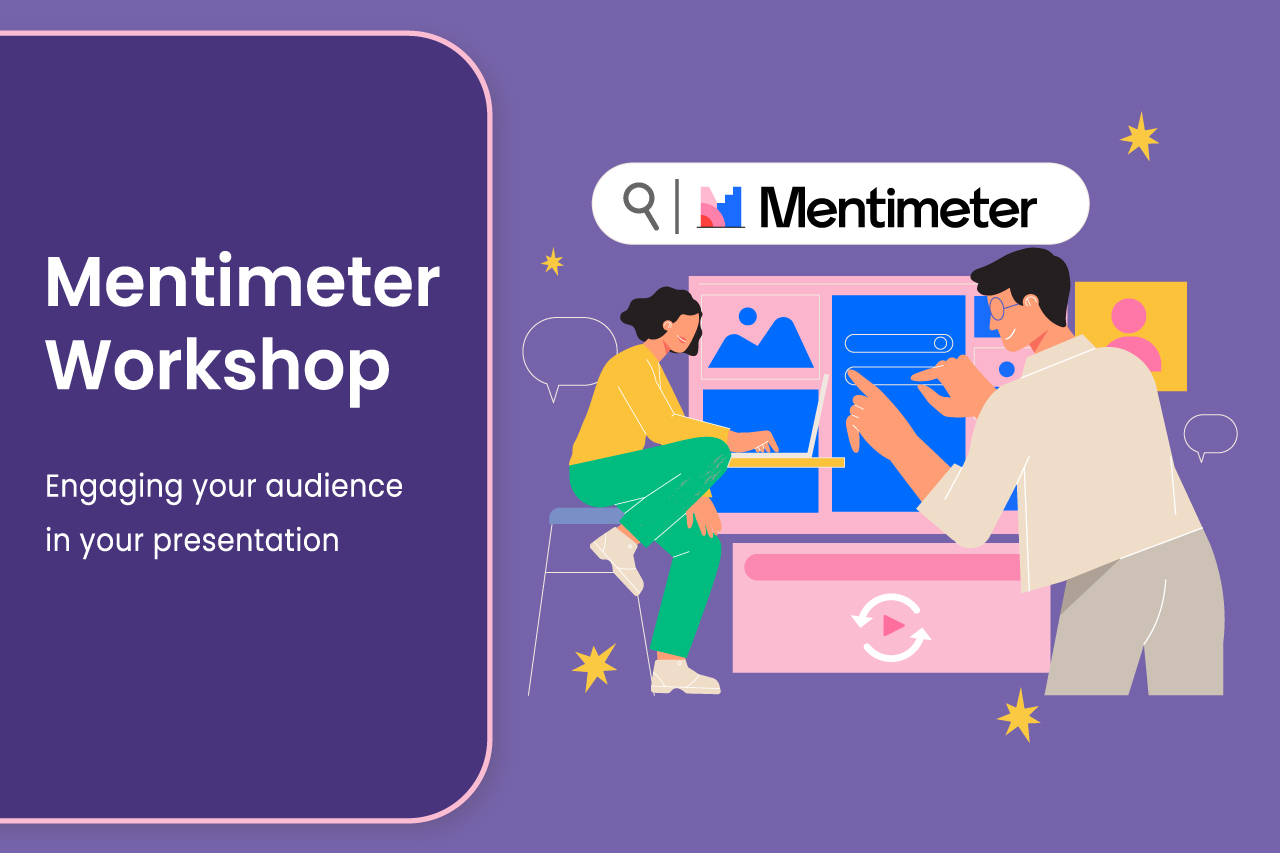University Teaching and Learning Course | Spring 2023
Image

Start Date
End Date
The University Teaching and Learning Course (UTL) is offered to all new Assistant Professors and Lecturers. This course will prepare the newcomers for some of the important aspects of university teaching and learning, such as course design, learning assessment and feedback, teaching for student engagement and working with groups. For experienced faculty, this course can give you new insights in your teaching and useful advice on current teaching pedagogy to enhance student learning.
| Date: | 7 - 23 FEB 2023 | Every Tue & Thu |
|---|---|
| Venue: | Room 6558 (LIFT 27/28) |
| Facilitators: | Dr. Sean McMinn,
Director, CEI Dr. Beatrice Chu, Head of Professional Development, CEI |
Program Rundown
7 FEB 23 (Tue)
12:30 - 13:45 (75 min)
Module 1: How Learning Works
Module 1: How Learning Works
9 FEB 23 (Thu)
12:30 - 13:45 (75 min)
Module 2: Course Design based on Outcome Based Education Framework
Module 2: Course Design based on Outcome Based Education Framework
14 FEB 23 (Tue)
12:30 – 13:45 (75 min)
Module 3: Learning Assessment and Feedback
Module 3: Learning Assessment and Feedback
16 FEB 23 (Thu)
12:30 – 13:45 (75 min)
Module 4: Creating Rubrics for Assessment
Module 4: Creating Rubrics for Assessment
21 FEB 23 (Tue)
12:30 – 13:45 (75 min)
Module 5: Teaching for Student Engagement
Module 5: Teaching for Student Engagement
23 FEB 23 (Thu)
12:30 – 13:45 (75 min)
Module 6: Working with Students in Teams and Groups
Module 6: Working with Students in Teams and Groups
Module Descriptions
Week 1
Any effective teaching must begin with a consideration of how students learn. When it comes to teaching, you could base your teaching approaches on personal experience,
opinion, habit, or your colleagues’ advice - but these approaches may not be ideal if your goal is to be an effective teacher. Understanding the science of learning can improve your teaching and help you address some common classroom challenges, such as why can’t students engage in my class? Why do students continue to apply the same ineffective learning strategies? What can I do to help students apply what they have learned? This module aims to introduce research-based learning theory coupled with practical tips to improve your teaching.
This module will explain course design based on an Outcome Based Education
(OBE) approach, emphasizing the importance of establishing clear learning outcomes, then designing
teaching and learning activities and assessment tasks that align with those intended learning outcomes.
The module identifies the essential components of effective course design and helps you applying OBE in
your context.
Week 2
The process of marking, grading, and giving feedback is crucial: it is the most powerful lever teachers have to orient students' study efforts towards the most important things in the most appropriate ways. In addition, students will pay the most attention to what they think is being assessed. In this module, we will look at the implications of crucial areas such as: setting assessment tasks, specifying outcome criteria, helping students self-review, and giving feedback.
A rubric is a grading guide that explicitly communicates the expectations
for an assignment by listing a coherent set of criteria and clearly describing levels of performance
quality for these criteria. Rubrics are often used for written assignments, project work,
group/teamwork, peer evaluations, and oral presentations. This module will help you learn about a
rubric and design an effective rubric for assessment tasks.
Week 3
Keeping students captivated and ready to learn is not an easy task. It required both careful planning and skillful facilitation. This module will introduce some handy and interactive student engagement techniques that can help you keep students motivated, no matter in what class size.
Having students work in groups/ teams is effective in helping them to apply
concepts rather than simply learn about them. Working with peers enables students to pool ideas, see
problems from different perspectives and benefit from analyzing, discussing, and exploring their ideas
and gain feedback from their peers. This module will look into how to facilitate student learning in teams
(1) where they need to work together on a project for an extended period and (2) ad-hoc groups that
are formed during class where they need to work cooperatively to accomplish some learning goals within a
class module.
Relevant Events
27 Feb 2026
Group Member Evaluation Workshop | SPRING 2026
10 Feb 2026-12 Feb 2026
Canvas Series | SPRING 2026
29 Jan 2026
Mentimeter Workshop | SPRING 2026
22 Jan 2026-23 Jan 2026
Zoom Workshop Series | SPRING 2026
21 Jan 2026-23 Jan 2026
New Faculty Orientation: Teaching and Learning at HKUST | SPRING 2026
12 Sep 2025












